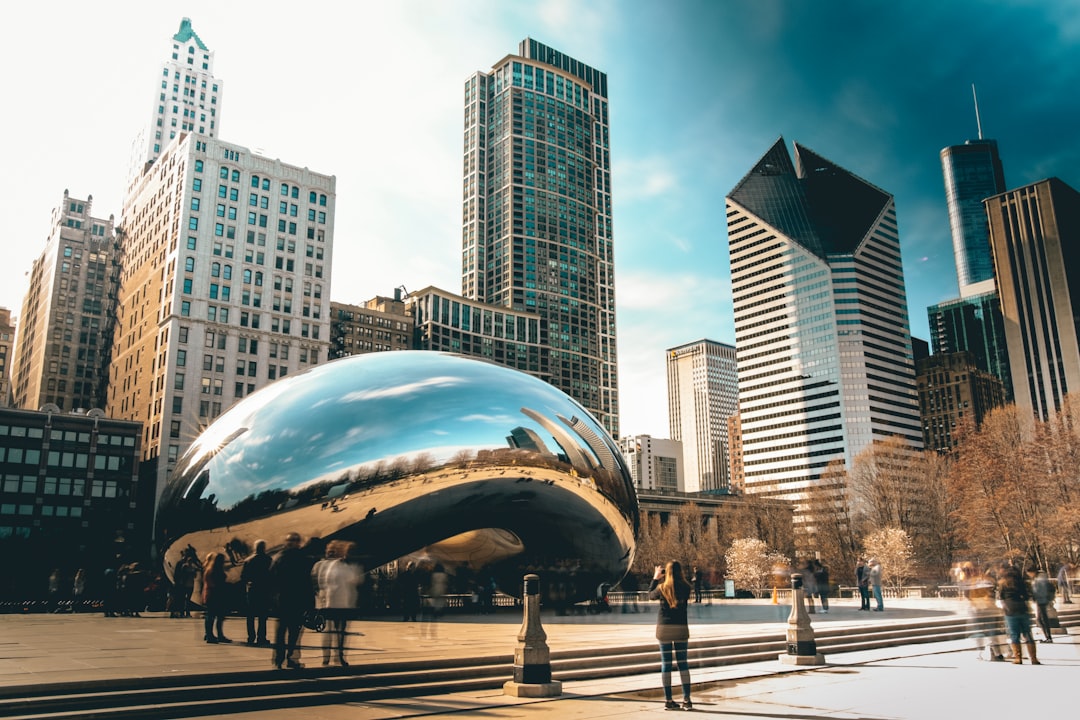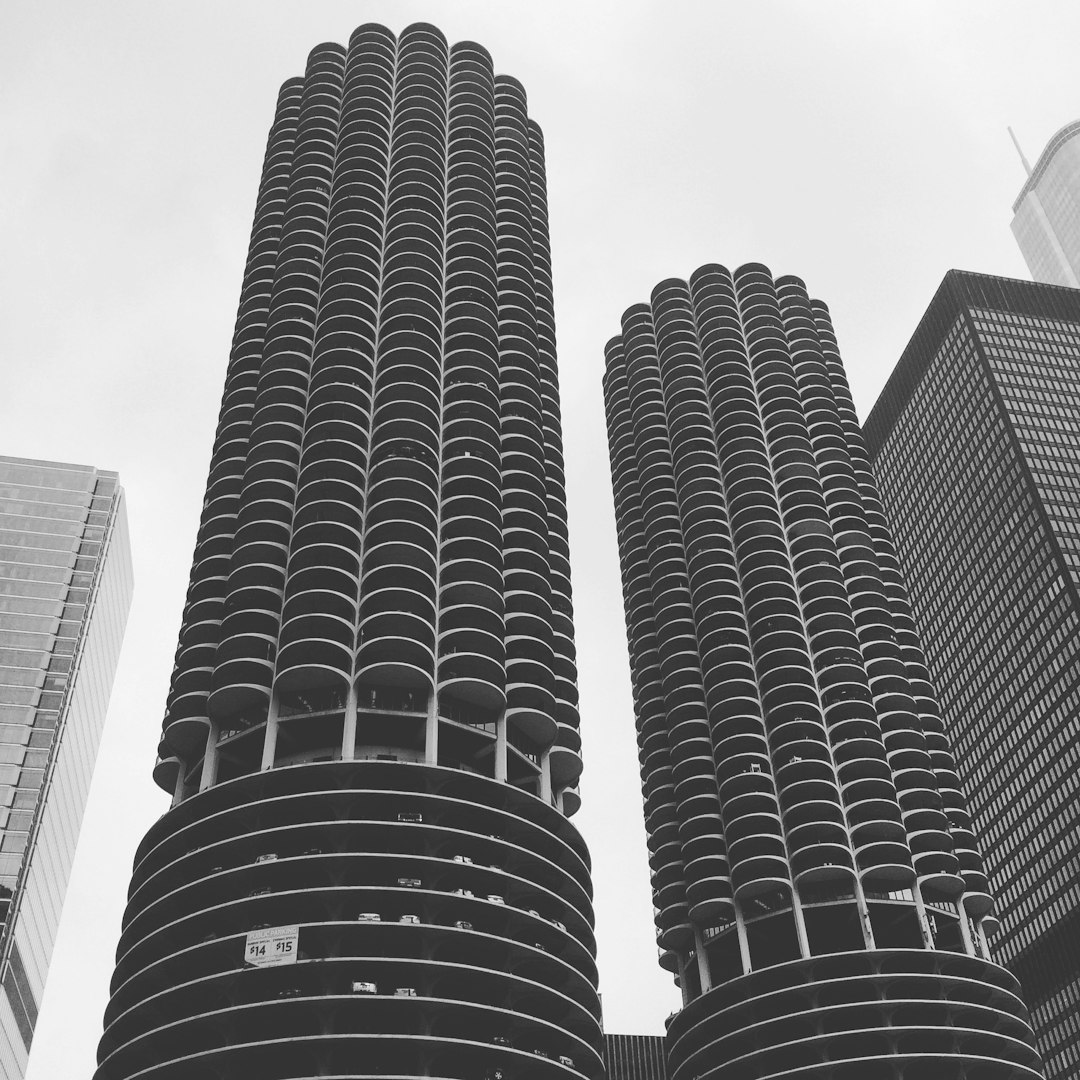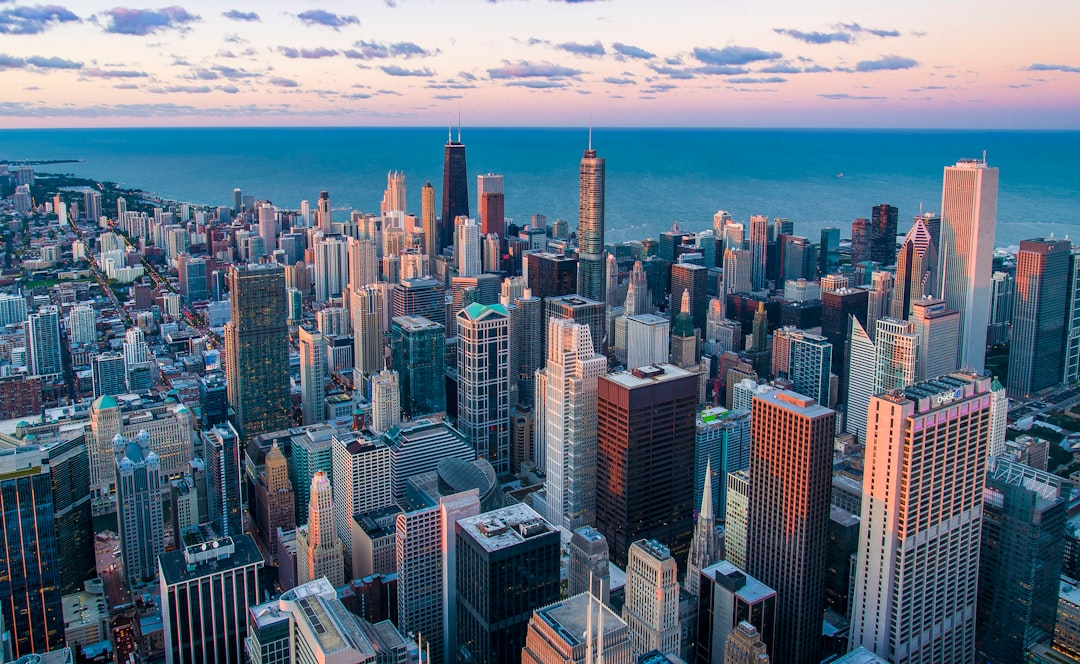In Chicago, spam calls from law firms and businesses are a common nuisance, but residents have legal protections under Illinois and federal laws, such as the TCPA. To combat this issue, individuals should document suspicious calls, use call-blocking apps, register on the National Do Not Call Registry, and seek advice from specialized spam call law firms in Chicago for legal action. These spam call law firms advocate for stricter anti-spam legislation and provide guidance on cease-and-desist letters or lawsuits. Chicago law firms have a legal duty to prevent intrusive telemarketing, adhering to TCPA guidelines by obtaining consent and implementing opt-out options.
Tired of relentless spam calls? You’re not alone. Chicago residents face a daily deluge of unwanted telemarketing messages. This comprehensive guide arms you with strategies to combat this nuisance. We explore Chicago’s legal framework surrounding spam calls, from understanding the sources to effective blocking methods. Learn about victims’ rights and remedies, and discover best practices for businesses aiming for compliance. Say goodbye to annoying calls with our expert advice—find out how to stop spam calls in Chicago once and for all.
Key keywords: Spam call, law firms Chicago
Understanding Spam Calls and Chicago's Legal Framework

Spam calls, often referred to as unwanted or unsolicited telephone marketing calls, are a common nuisance for many Chicago residents. These calls can range from pre-recorded messages promoting various products and services to live sales pitches. While some calls may be legitimate, the majority fall into the category of telemarketing abuse. In Chicago, these spam calls are governed by state laws designed to protect consumers from intrusive marketing practices. The Illinois Consumer Fraud and Deceptive Business Practices Act prohibits unfair or deceptive acts in commerce, including abusive telemarketing tactics. Additionally, the Telephone Consumer Protection Act (TCPA) at the federal level provides further safeguards against unwanted calls, allowing recipients to take legal action against spam call law firms that violate these regulations. Understanding these legal frameworks is crucial for residents looking to combat the deluge of spam calls they receive.
Identifying and Tracking the Sources of Spam Calls

In the bustling metropolis of Chicago, navigating through the constant stream of phone calls can be a challenging task, especially when many of them are unwanted spam calls from law firms or other businesses. Identifying and tracking these sources is a crucial step in combating this growing problem. Start by paying close attention to your call history; look for recurring numbers or patterns that don’t match any known contacts. Note down the details, including the time and date of each call. This information will help you recognize potential spam call hubs and take targeted action.
Additionally, utilizing advanced call-blocking apps or software designed to detect and filter out spam calls can be beneficial. These tools often use machine learning algorithms to analyze calling patterns and user feedback, becoming more effective over time. By blocking and identifying these spam sources, Chicago residents can gain control of their phone lines and ensure they’re not disturbed by law firms’ unsolicited calls.
Strategies to Block and Prevent Spam Calls Effectively

In today’s digital era, spam calls have become a persistent problem for many Chicago residents. Fortunately, there are several effective strategies to block and prevent these unwanted intrusions. One powerful tool is registering your number on the National Do Not Call Registry. This federal list restricts telemarketers from calling registered numbers, providing a solid first line of defense against spam calls. Additionally, leveraging call-blocking apps specifically designed for Android and iOS devices can significantly reduce the volume of spam calls received. These apps use advanced algorithms to identify and block suspicious numbers before they even reach your phone.
Beyond individual efforts, collective action through local Spam Call Law Firms in Chicago plays a crucial role. These legal experts specialize in navigating complex regulations surrounding telemarketing practices. They advocate for stricter enforcement of anti-spam laws, ensuring that both businesses and individuals have access to effective remedies. By supporting these law firms and staying informed about the latest legal developments, Chicagoans can create a more robust defense against spam calls, fostering a quieter and more peaceful environment for all residents.
Rights and Remedies for Victims of Spam Calls in Chicago

Victims of spam calls in Chicago have rights and remedies available to them under both state and federal laws. The Illinois Comprehensive Consumer Protection Act prohibits unfair, deceptive, or misleading practices, including unsolicited telephone marketing. This means that if you’ve received a spam call from a law firm or any other entity, you can take action against the caller.
One of the key remedies is filing a complaint with the Federal Trade Commission (FTC) and your state’s attorney general’s office. These agencies investigate complaints and can take legal action against repeat offenders. Additionally, many law firms specializing in spam call law in Chicago offer free consultations to help victims understand their rights and explore options like sending cease-and-desist letters or filing lawsuits for damages.
Best Practices for Businesses: Compliance and Responsibilities

In Chicago, businesses, especially legal practices, have a responsibility to combat spam calls and protect their clients from unwanted telemarketing. Compliance with local and federal regulations is paramount. The Telephone Consumer Protection Act (TCPA) restricts automated phone calls and texts for marketing purposes without prior express consent, emphasizing the need for explicit opt-in from call recipients. Law firms in Chicago must establish clear policies to prevent spamming, including obtaining informed consent and maintaining detailed records of client preferences.
Implementing robust opt-out mechanisms is a best practice. This allows clients to easily unsubscribe from future calls or texts, ensuring compliance with the TCPA. Regular staff training on privacy regulations and the importance of customer data security is essential. Additionally, employing call tracking software can help monitor and block spam calls, demonstrating a commitment to ethical telemarketing practices among Chicago’s law firms.






